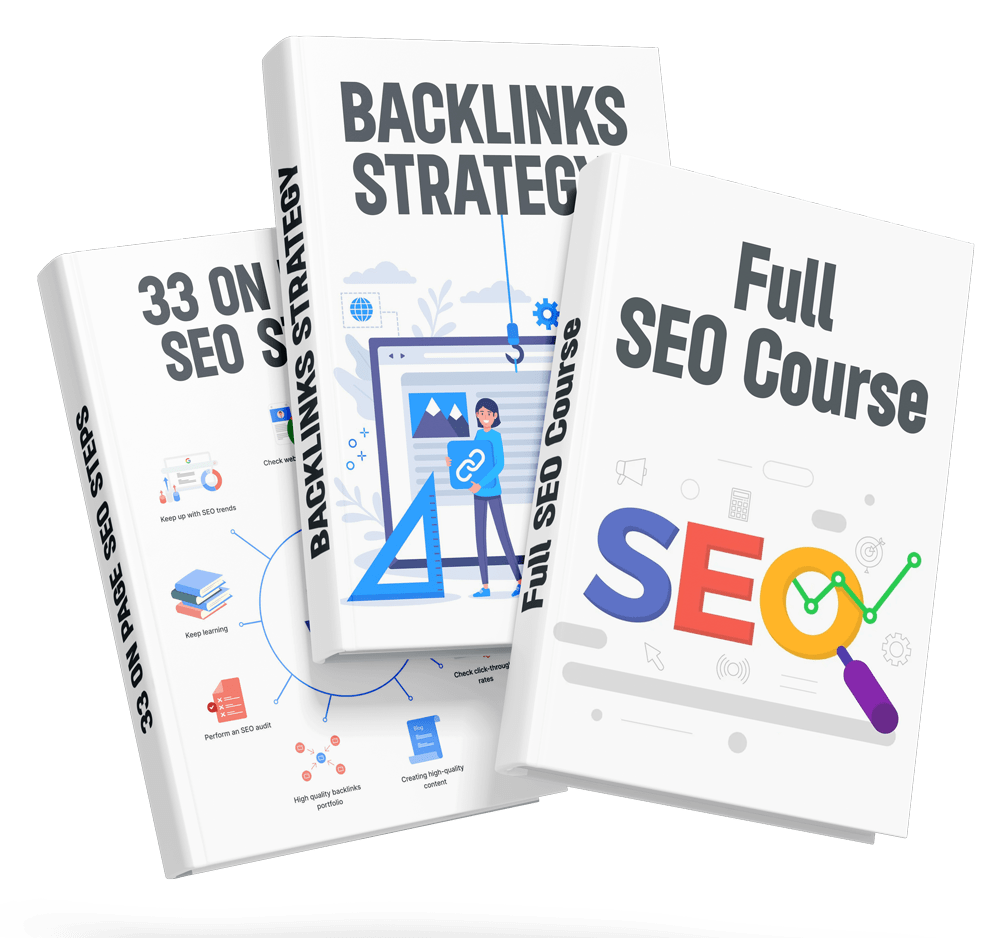With the vast world of online business evolving rapidly, search engine optimization (SEO) has become crucial for visibility and growth. However, deciding whether to hire an SEO specialist—or to tackle it on your own—requires careful consideration. Here, we’ll explore what an SEO does, how to find the right one, and the essential precautions to ensure your investment is worthwhile.
What is SEO and Why Does It Matter?
SEO stands for “search engine optimization,” a strategy to improve a website’s visibility in search engine results. When executed well, SEO increases a site’s organic (non-paid) search engine traffic, enhancing brand awareness, credibility, and conversion rates. In fact, studies show that organic search drives over 50% of website traffic, making it a crucial component for businesses of all sizes.
Key Services an SEO Specialist Provides
An SEO professional offers a range of services designed to improve your website’s online presence:
- Site Content and Structure Review: Analyzing website content, layout, and usability.
- Technical Advice: Covering essentials like hosting, redirects, error pages, and proper use of JavaScript.
- Content Development: Creating SEO-friendly content that aligns with your brand and engages your audience.
- Keyword Research: Identifying high-traffic, low-competition keywords that boost search engine rankings.
- SEO Training: Educating your team on basic SEO principles to empower them in the long run.
Each of these elements, when implemented properly, can enhance your site’s ranking in search results, helping attract more traffic and potential customers.
Getting Started with SEO
If you run a small local business, you may be able to handle basic SEO on your own. Resources like Google’s SEO Starter Guide or Search Console offer invaluable insights and tools for beginners. However, keep in mind that SEO is a long-term strategy—typically, results take between four months and a year to become evident.
When to Hire an SEO Expert
There are times when professional expertise is not just beneficial but necessary. Consider hiring an SEO specialist if:
- You’re launching a new website: SEO integration during the design phase ensures that the site is search-engine friendly from the ground up.
- Your site requires significant optimization: An expert can assess and overhaul existing content, structure, and SEO strategy to improve performance.
- You need advanced SEO tactics: Complex keyword strategies, link building, and competitor analysis are tasks best suited for seasoned professionals.
Choosing the Right SEO Specialist
Finding a skilled and trustworthy SEO professional can be challenging. Here’s how to evaluate potential candidates:
Key Questions to Ask an SEO Expert
- Experience: How long have they been in business? Can they show relevant case studies or share client success stories?
- Process and Transparency: What are their main SEO techniques? Will they provide detailed explanations of changes and their potential impact?
- Industry Knowledge: Have they worked in your industry or geographical area? Familiarity with your market can lead to better results.
- Communication: How often will they update you? Regular communication and transparency about tactics are essential to avoid misunderstandings.
A reputable SEO should be just as interested in understanding your business as they are in explaining their strategies. They should ask about your business model, target audience, competitors, and overall goals.
Request a Site Audit
Before committing, ask for a technical and search audit to identify what work the SEO proposes, the expected results, and a realistic timeline. Be prepared to pay for this assessment, as it provides a customized analysis and sets clear expectations.
Red Flags to Watch Out For
Unfortunately, unethical practices exist within the SEO industry. Here are some warning signs that may indicate an untrustworthy provider:
- “Shadow” Domains: These are deceptive domains controlled by the SEO, used to redirect users. If your relationship with the SEO sours, they may redirect this traffic to a competitor.
- Doorway Pages: Pages loaded with irrelevant keywords designed to manipulate search engine results. These can harm your website’s reputation and diminish SEO effectiveness.
- Link Schemes: Buying links or engaging in “link farms” is against Google’s policies and may lead to penalties.
Ensure your SEO corroborates any suggestions with credible sources like Google’s official blog or Search Console guidelines. Steer clear of anyone who guarantees #1 rankings or offers “priority submission” to Google—both are unrealistic promises that don’t align with Google’s policies.
Why Transparency and Ethics Matter
Ultimately, the responsibility for your website’s health lies with you, even if you hire an expert. Ask questions and demand transparency. If an SEO proposes secretive or confusing tactics, this could be a red flag. It’s essential to understand where your money goes, especially if the SEO recommends advertising. Some SEO providers may misrepresent the difference between paid advertising and organic ranking improvements, so clarify upfront.
Common SEO Myths
- SEO is a “Quick Fix”: Good SEO takes time—results can often take months to show.
- Buying Ads Boosts Ranking: Google does not allow ads to influence organic search rankings.
- Guaranteed #1 Rankings: No one can guarantee a top position in Google’s search results. Instead, SEO success relies on consistent, ethical practices over time.
Making the Decision: Do You Need an SEO?
SEO can be a game-changer, but only when approached correctly. If you have a basic understanding of SEO and the time to implement it, you can take advantage of Google’s free tools. But if your business relies heavily on online traffic or operates in a competitive field, investing in an SEO professional could be invaluable. The key is choosing the right partner—one who aligns with your goals, communicates openly, and adheres to ethical SEO practices.
Conclusion
SEO is no longer optional for businesses aiming to thrive in the digital space. By selecting a skilled and ethical SEO, you’re not only improving your site’s visibility but also investing in sustainable business growth. Research thoroughly, ask questions, and prioritize transparency. Done right, SEO can set your business on a path toward online success.



